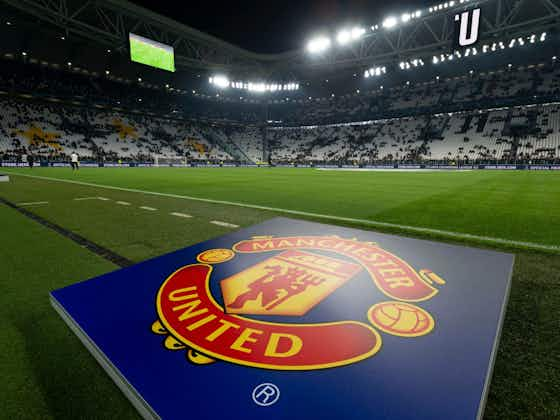EPL Index
·26 April 2024
Report: Manchester United To Challenge New Cap Proposal

In partnership with
Yahoo sportsEPL Index
·26 April 2024

In the heart of Premier League boardrooms, the debate over implementing a hard salary cap is gaining momentum. According to a recent report by the Evening Standard, Premier League clubs are poised to discuss this new financial measure at their upcoming shareholders meeting. The idea behind the proposed cap is straightforward yet potentially transformative: to limit clubs’ spending to a multiple of the lowest earnings from the league’s centralised broadcast and commercial deals. This ‘anchoring’ strategy aims to level the playing field among the clubs, fostering a more competitive league that maintains its attractiveness to broadcasters.
However, this proposal doesn’t come without its controversies. As the Evening Standard highlights, major clubs, with Manchester United leading the charge, express concerns that such a cap could place Premier League teams at a competitive disadvantage against their European counterparts. “However, there is concern from top clubs, notably Manchester United, that a cap would put English clubs at a disadvantage to their European rivals,” the Evening Standard reports. This perspective raises an important question: can the Premier League afford to sacrifice some of its global competitiveness for the sake of internal equity?
The discussion around the salary cap is set against a backdrop of broader financial reforms within the league. “Clubs have already agreed to introduce squad cost control measures for the 2025-26 season which will limit them to spending 85 per cent of turnover on transfers, wages and agents’ fees,” according to the Evening Standard. These measures represent a significant step towards greater financial sustainability, aiming to prevent the kind of financial troubles that have plagued teams like Everton and Nottingham Forest, both of whom have faced points deductions this season due to breaches in profit and sustainability rules.
The critical challenge for the Premier League is to balance the integrity of the competition with the need to remain a top destination for the world’s best football talents. The introduction of a hard salary cap could potentially deter top players from joining Premier League clubs if similar restrictions are not adopted by other major European leagues. This situation requires a delicate negotiation, weighing the long-term benefits of financial stability and competitiveness against the immediate allure of star players and high-profile matches.
As the Premier League navigates these turbulent financial waters, the outcome of these discussions will not only shape the future of English football but also its position on the global sports stage. The balance between fairness and competitiveness has never been more critical, and the world will be watching to see how the Premier League tackles this complex issue.






























































